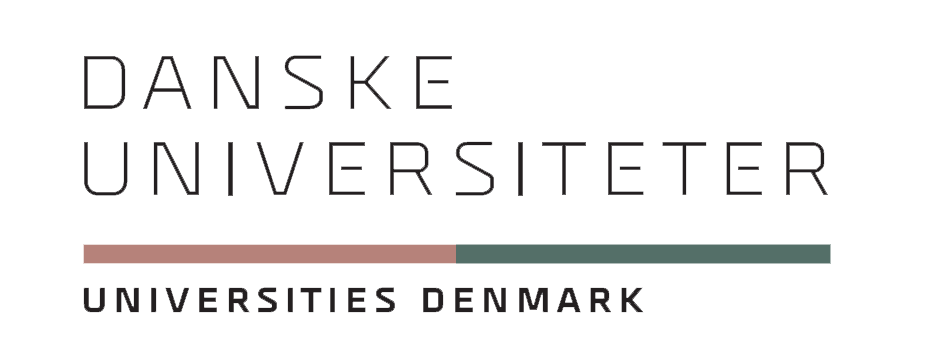Principles for diversity, inclusion, and equality
The purpose of a university is to conduct research and offer research-based education at the highest international level. This task involves promoting diversity, inclusion, and equality among staff and students to bring all talents into play. Diverse experiences and perspectives enhance the quality and broadens the outlook of research and education.
Universities both create and preserve cultural practices and should be at the forefront of ensuring diversity, inclusion, and equality. It is part of the universities’ mission to make sure that anyone with the right qualifications has equal access to study and conduct research without unjust barriers. The universities are aware that there may be cultural or structural obstacles that create an uneven playing field for our talents. It is the responsibility of university-management to identify and ad-dress these obstacles.
Each university has a strategy for working with diversity and equality, as well as a plan to monitor the efforts. The universities have developed five overall principles that guide efforts to strengthen gender diversity, to fulfill the ambition of creating change and promoting diversity throughout the sector. The universities acknowledge that gender is not the only relevant parameter for diversity and see these principles as a step towards future efforts to increase inclusion and diversity on multiple fronts.
Evidence-based foundation for diversity initiatives
There are many opinions on diversity, inclusion, and equality. At a university, these opinions should be able to be expressed openly and discussed in a reasoned manner. While all perspectives can be debated, the work of the universities on diversity, inclusion, and equality is founded on evidence and research on the matter.
The universities share knowledge and experiences and strive to share more data relevant to diversity and inclusion across the sector.
Inclusive leadership
At a university, everyone is expected to contribute to an inclusive study and work environment based on integrity and respectful interaction, where diversity is seen as a strength. The management is responsible for ensuring that there is no doubt about the desired workplace culture at the university.
All those in leadership positions are expected to practice inclusive leadership, as this is a fundamental element in the universities’ efforts to ensure good working environments for employees and equal opportunities to pursue a successful career.
Diversity cannot stand alone
Equal opportunities and inclusive work- and study environments are prerequisites for realizing the potential of the diversity among students and staff.
An indicator for gender balance is a maximum of 60% of the overrepresented gender, and a more skewed distribution should be a point of attention. However, neither diversity nor a balanced gender distribution alone guarantee inclusion. Therefore, efforts to ensure diversity and representation cannot stand alone but must be supplemented with initiatives that ensure inclusive academic communities and equal opportunities, especially for underrepresented groups.
Transparent career paths and variety in assessment criteria
It is a leadership responsibility to make sure that the path to an academic career is transparent and to counteract unconscious bias in recruitment and career development.
Hiring and promotion are based on merit, and universities continuously work to update and develop the concept of excellence and our merit system, acknowledging a wide range of contributions to the university and society.
Challenging gendered study- and career paths
The Danish universities will live up to the justified expectation that we, as societal institutions, contribute to reducing the gender segregation in education and in the labor market in Denmark.
Educational choices should be based on academic interest, abilities, and motivation. The universities provide information about programs with a focus on countering habitual thinking and stereotypes, ensuring that choices on education are as well informed as possible. Inclusive study environments area crucial focus area as well. A welcoming and inclusive environment is essential for students’ well-being and successful completion of their education, regardless of whether they belong to a minority or majority in their studies.
Danish Rectors’ Conference, September 2023


